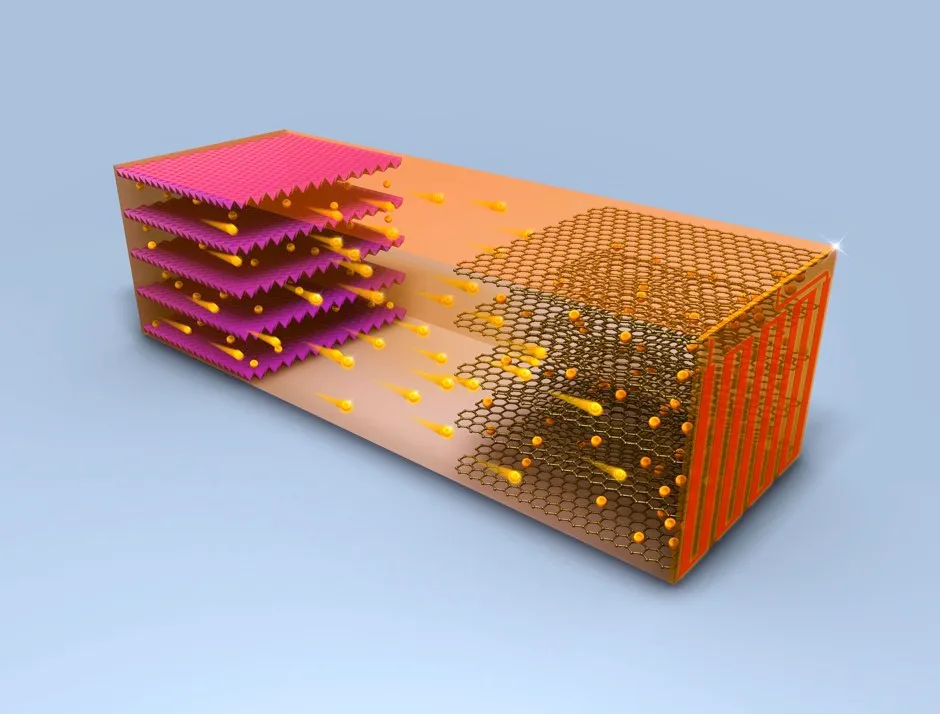Although electric vehicle technology has improved dramatically over recent years, range anxiety – the fear that the battery in an electric car may run out before the driver and any passengers are able to reach their destination – is still a concern for some of those thinking about making the change from petrol or diesel. Now, researchers at Pennsylvania State University have developed a lithium-ion battery that can add 200 miles of driving range to an electric car in just 10 minutes.
The speed at which current lithium-ion batteries can be charged is limited by a phenomenon known as lithium plating – the build-up of metallic lithium on the battery’s positive electrode – that happens when they take on charge at an accelerated rate. This severely reduces the battery’s life.
Read more about electric cars:
- Could dynamos be installed in electric cars to provide a perpetual source of power?
- Four zippy electric vehicles to power up your commute
- Why can't you recharge batteries instantly?
However, the researchers found they could prevent this from occurring by charging the battery at an elevated temperature of 60°C for a few minutes, then allowing it to discharge at cooler temperatures.
The team designed a special heating system made of nickel that is capable of bringing the battery up to temperature in less than 30 seconds. They found that the batteries preheated to 60°C remained usable for up to 1,700 charges.

“In addition to fast charging, this design allows us to limit the battery's exposure time to the elevated charge temperature, thus generating a very long cycle life,” said senior researcher Chao-Yang Wang, a mechanical engineer at The Pennsylvania State University. “The key is to realise rapid heating; otherwise, the battery will stay at elevated temperatures for too long, causing severe degradation.”
The researchers note that the technology could be ready for market in the near future as all the battery cells used in the study were based on electrodes that are already commonly available. Next, they hope to create a system capable of fully charging a battery in as little as 5 minutes.